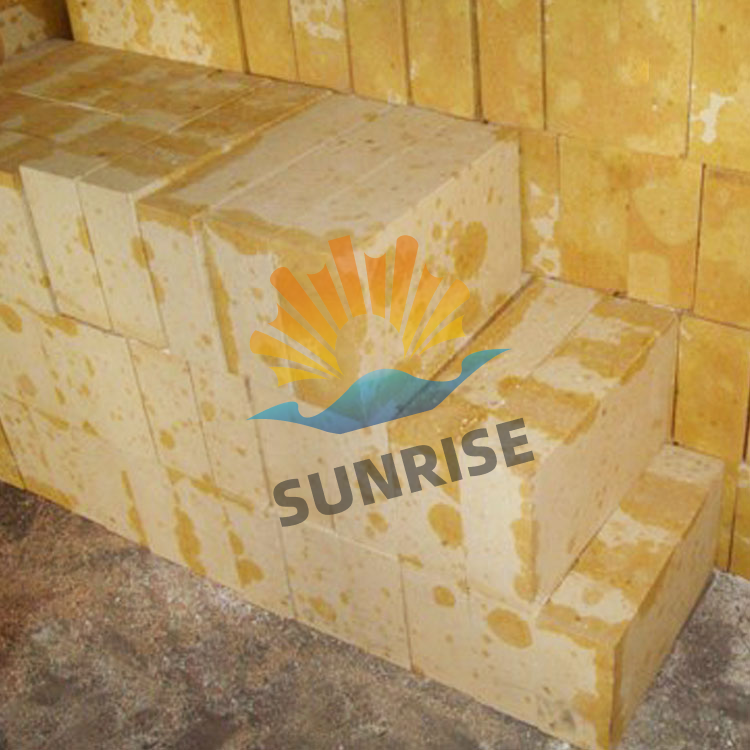.jpg?x-oss-process=image/resize,h_1000,m_lfit/format,webp)
Glass kiln hot repair has long been a headache for glass production enterprises. Traditional hot - repair methods often involve long downtime, which seriously affects the production schedule. For example, a typical glass kiln repair using traditional materials may require a stoppage of about 7 - 10 days. During this period, production comes to a halt, resulting in significant losses in terms of both production volume and cost. The need for frequent replacement of traditional repair materials also adds to the overall expense, making it an inefficient and costly solution.
Zero - expansion silica brick is a high - performance refractory brick made mainly from fused quartz. This unique raw material gives it excellent thermal shock resistance, high strength, and a very low expansion rate. Scientific research shows that the thermal shock resistance of zero - expansion silica bricks can reach more than 30 times, which is much higher than that of ordinary refractory bricks. Its expansion rate is as low as 0.1% - 0.2% within the operating temperature range of glass kilns, ensuring the stability of the kiln structure.

When compared with traditional hot - repair materials, zero - expansion silica bricks have several outstanding advantages. Traditional materials usually require the kiln to be shut down for repair, and expansion joints need to be reserved during installation to accommodate thermal expansion. In contrast, zero - expansion silica bricks can be used for repair while the kiln is in operation. This means that there is no need to stop the production process, saving a large amount of time. Moreover, since their expansion rate is extremely low, there is no need to leave expansion joints, which simplifies the construction process and reduces the risk of structural damage caused by improper expansion joint design.
A well - known glass production enterprise in the industry replaced traditional repair materials with zero - expansion silica bricks for their glass kiln hot repair. Before using zero - expansion silica bricks, the annual hot - repair cost was approximately $200,000, and the production was interrupted for about 30 days a year. After switching to zero - expansion silica bricks, the hot - repair cost was reduced to about $120,000, and the production interruption time was shortened to less than 10 days a year. This shows that zero - expansion silica bricks can significantly reduce costs and improve production efficiency.
.jpg)
The use of zero - expansion silica bricks brings remarkable economic benefits to glass production enterprises. By reducing the hot - repair cost and minimizing production interruption, enterprises can increase their annual production volume and thus increase their revenue. In addition, the stable performance of zero - expansion silica bricks ensures the long - term stable operation of the glass kiln, extending its service life. This not only reduces the frequency of large - scale repairs but also improves the overall quality of glass products.
In conclusion, zero - expansion silica bricks are the ideal choice for glass kiln hot repair. Their excellent performance, including high thermal shock resistance, low expansion rate, and the ability to be used during kiln operation, makes them stand out from traditional repair materials. The real - world case studies have demonstrated their effectiveness in reducing costs and improving production efficiency. If you are a glass production enterprise looking for a reliable and cost - effective solution for glass kiln hot repair, zero - expansion silica bricks are definitely worth considering. Contact us today to learn more about how zero - expansion silica bricks can transform your glass kiln hot - repair process and bring you significant economic benefits!

